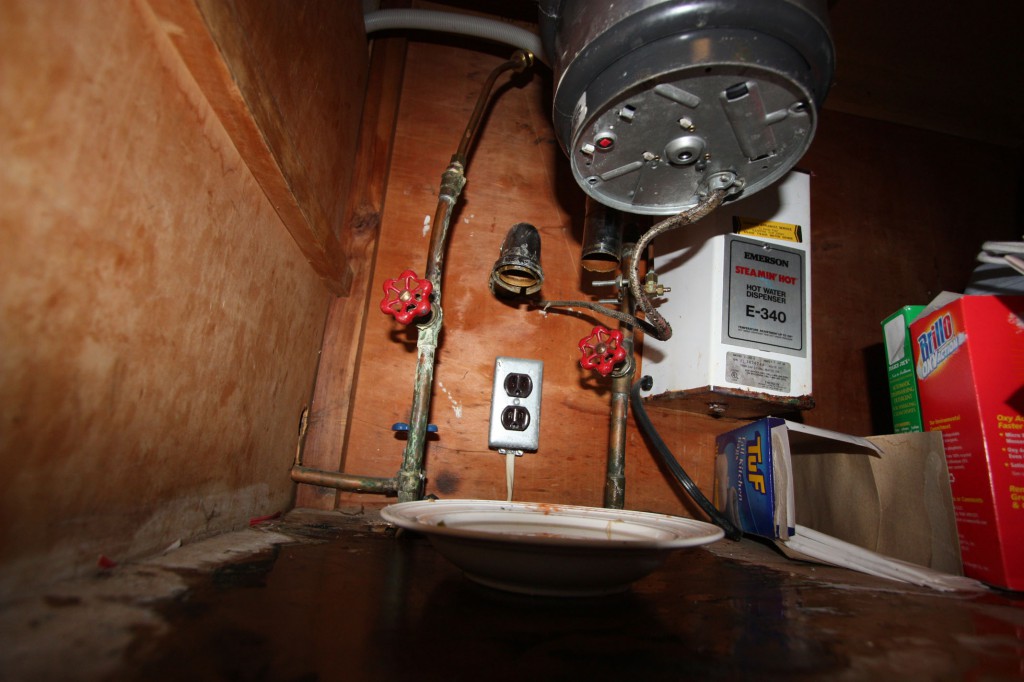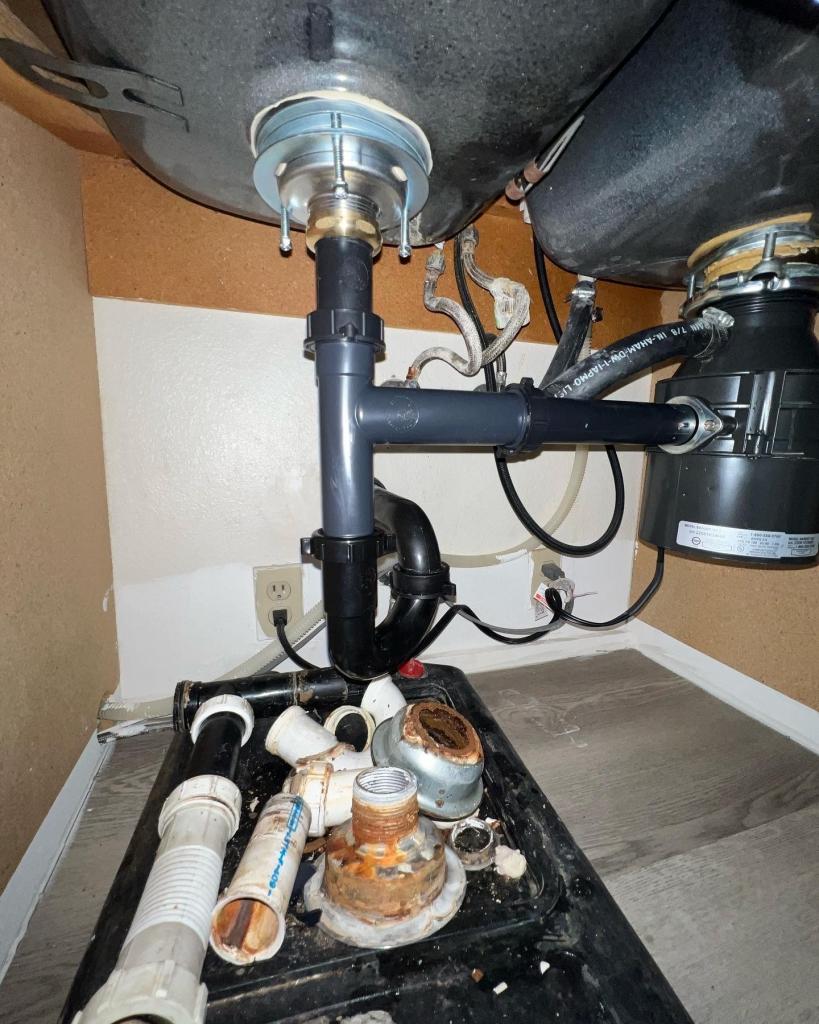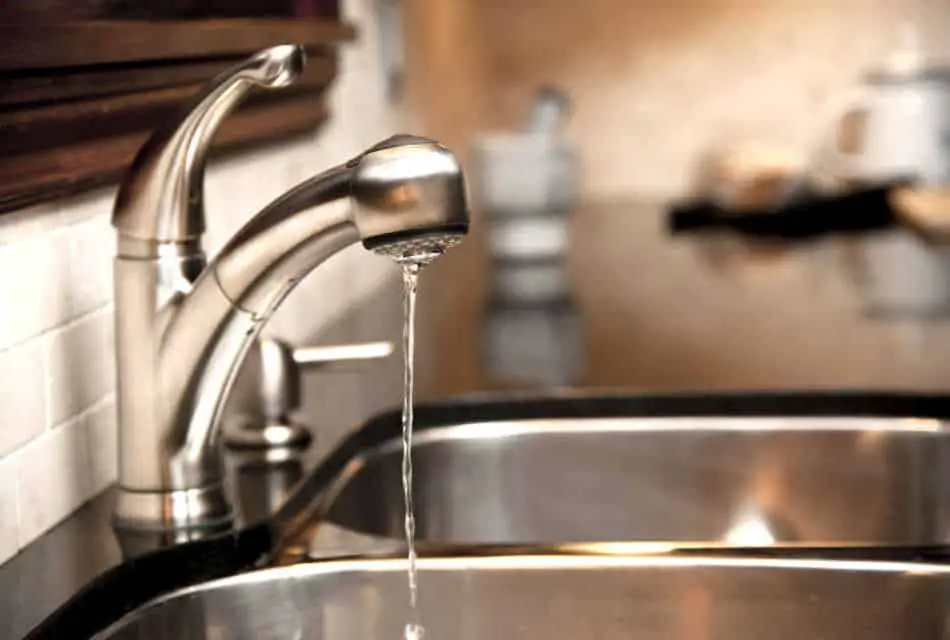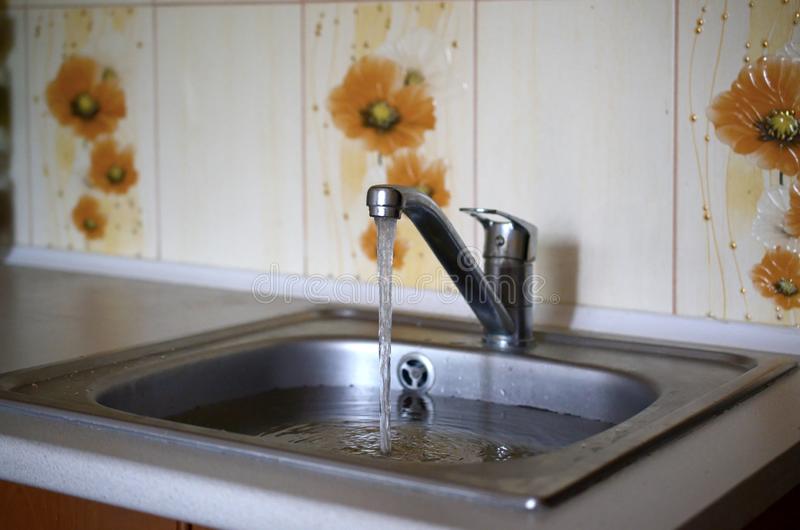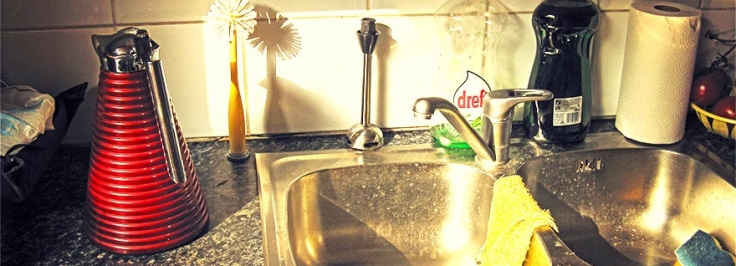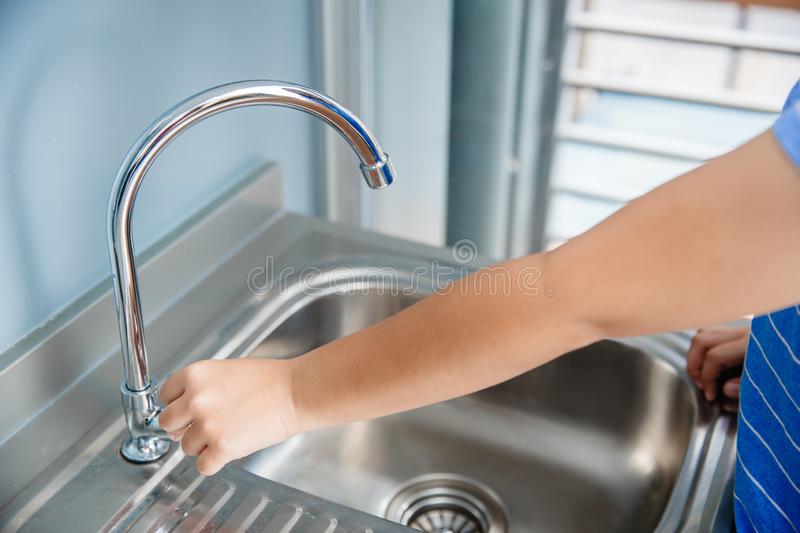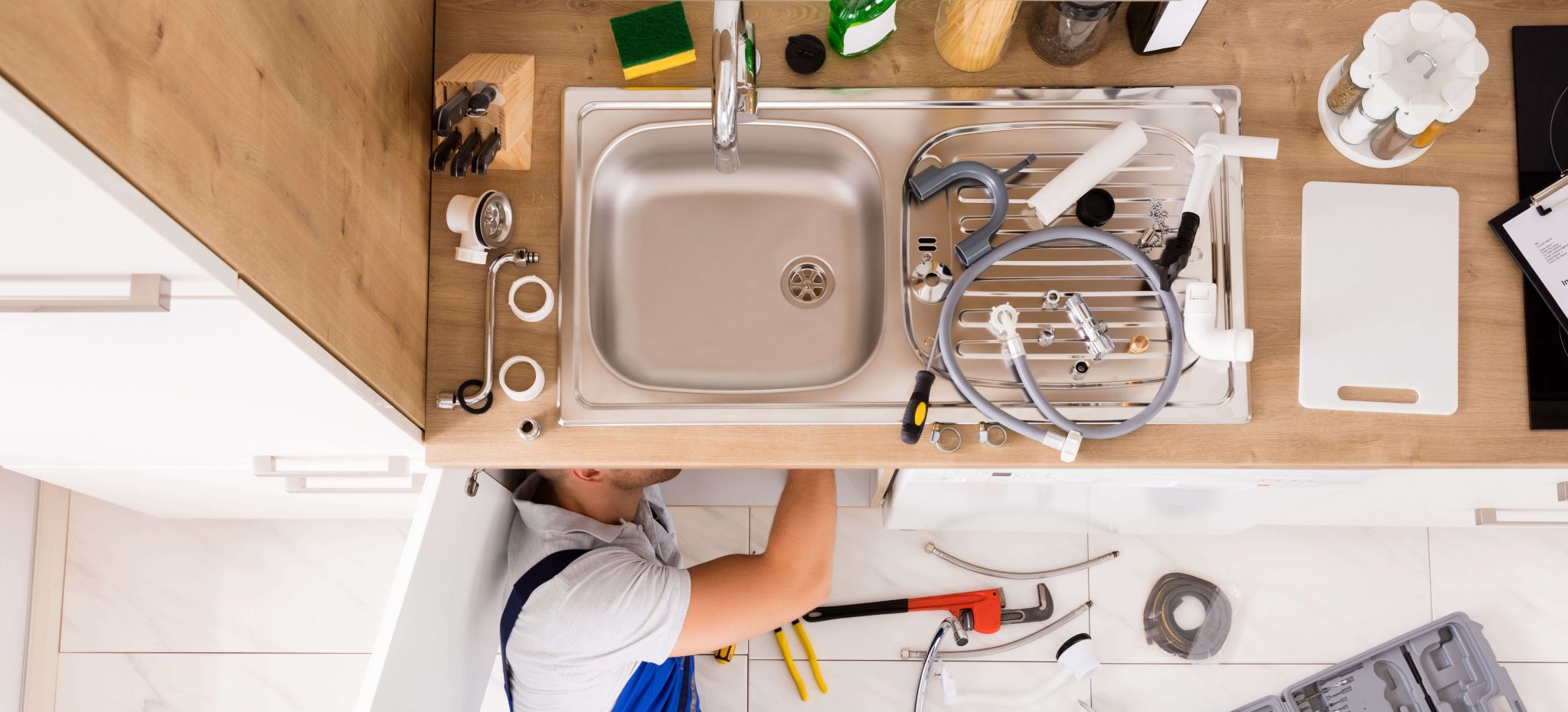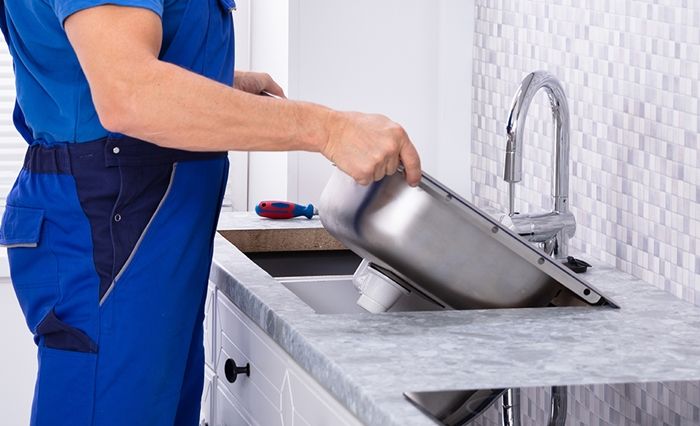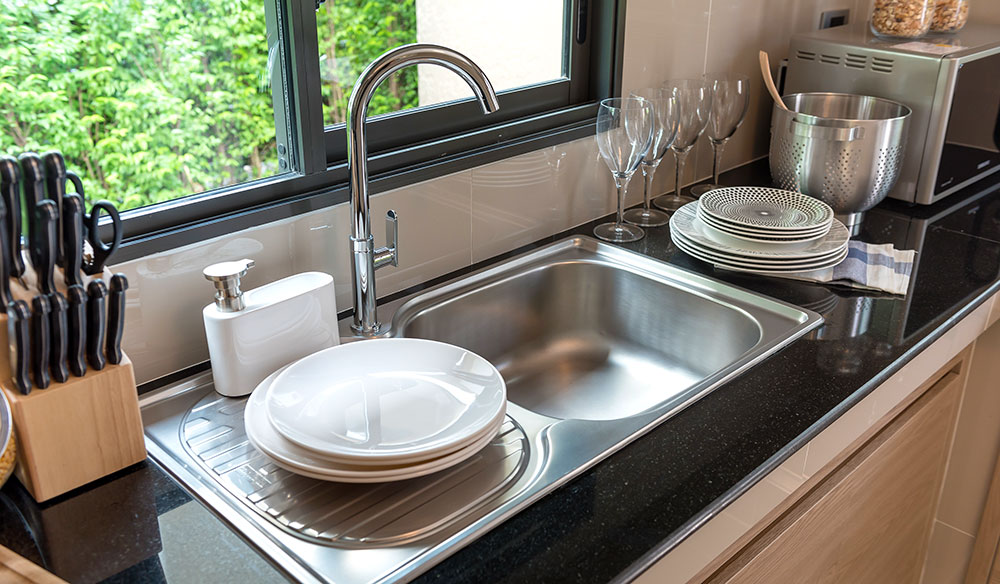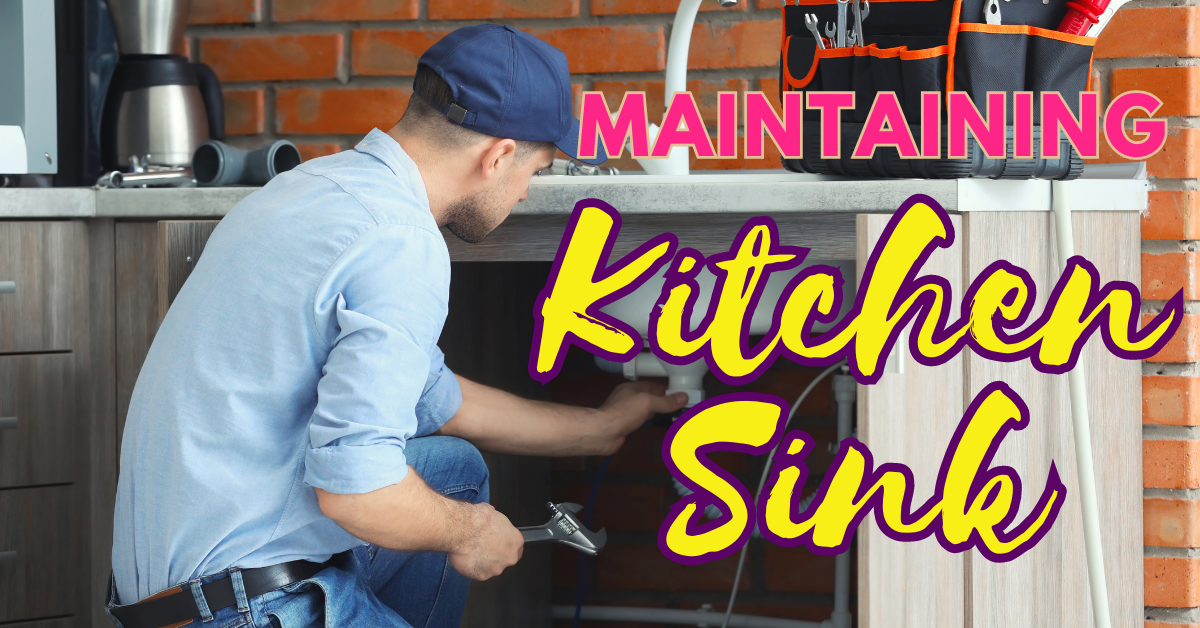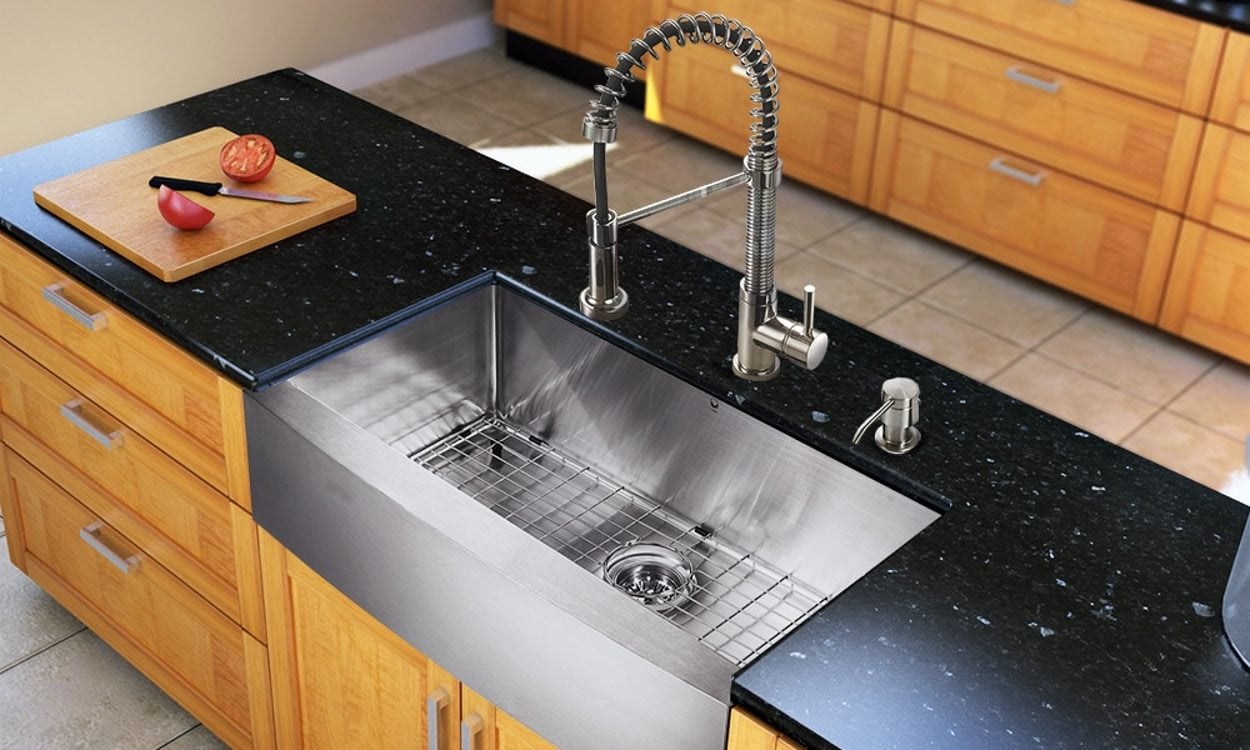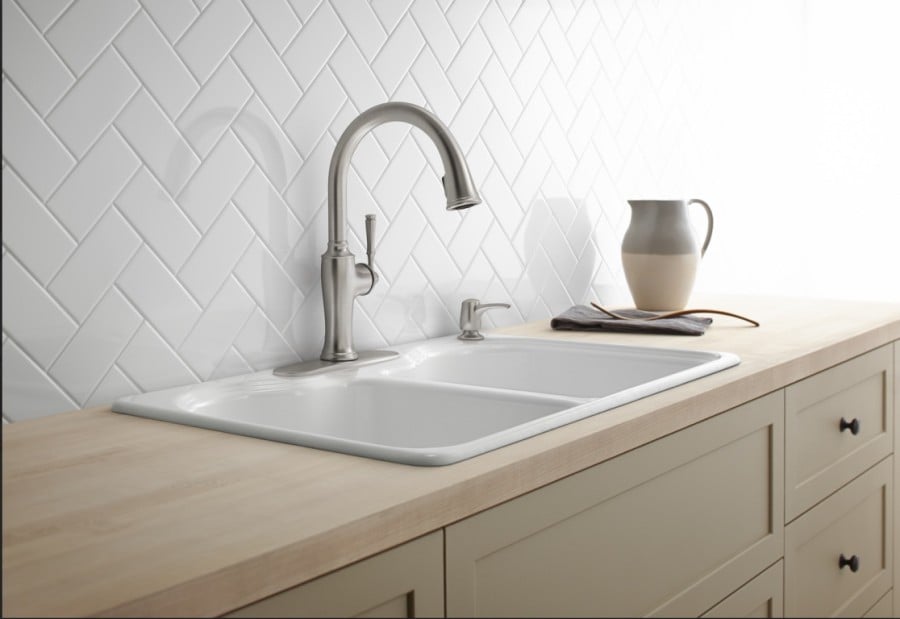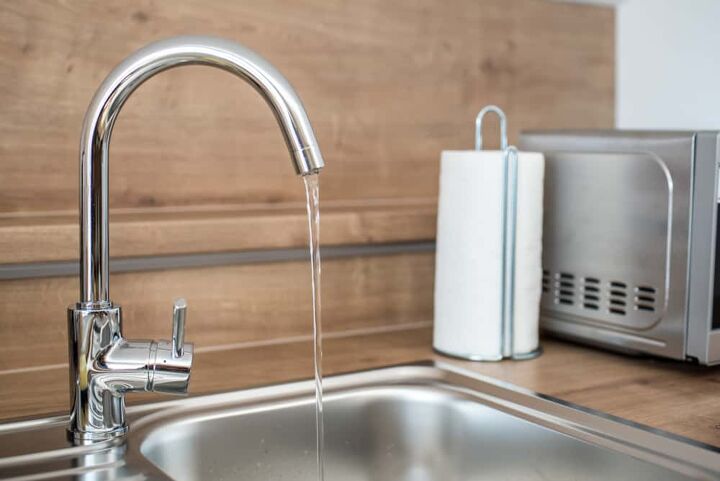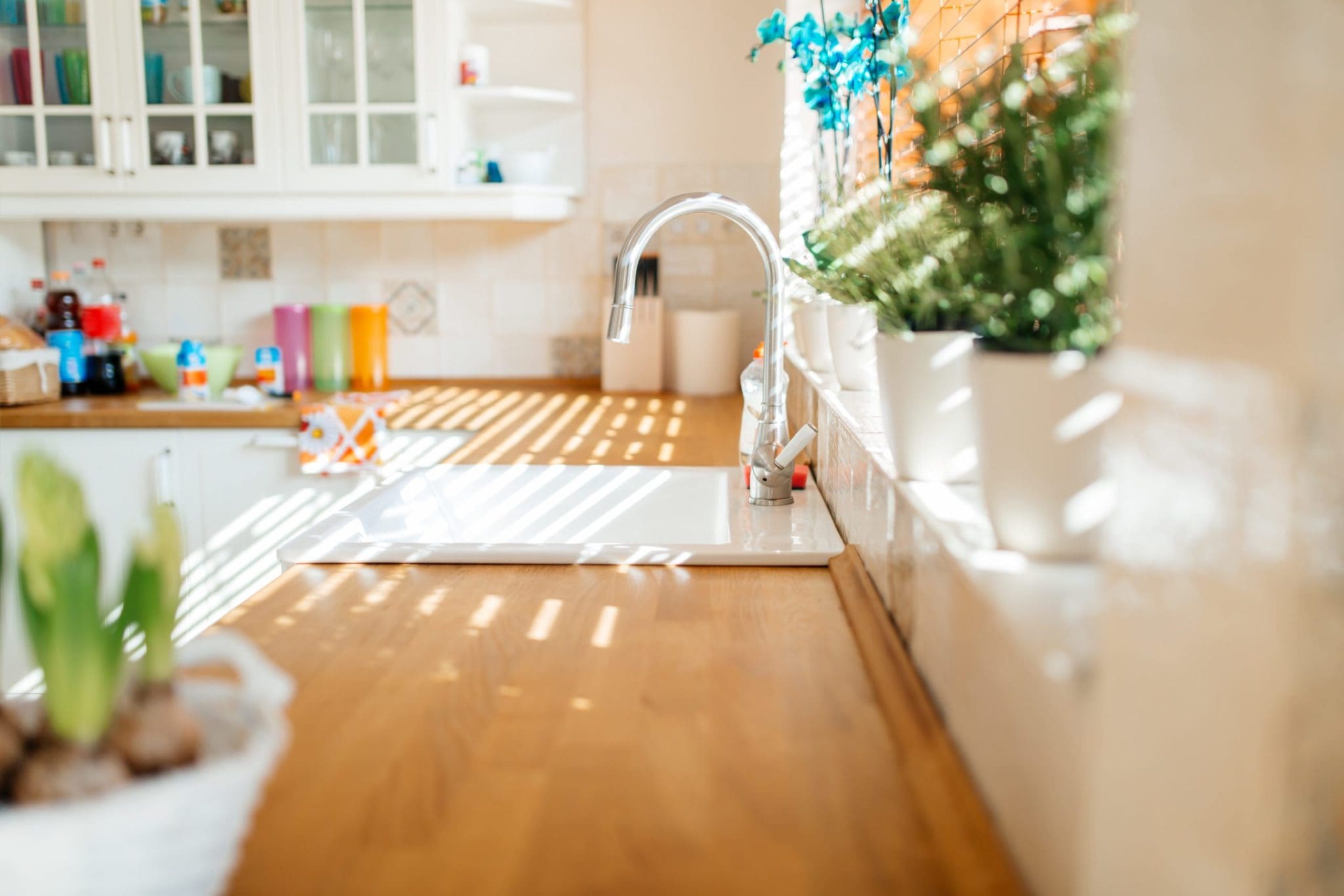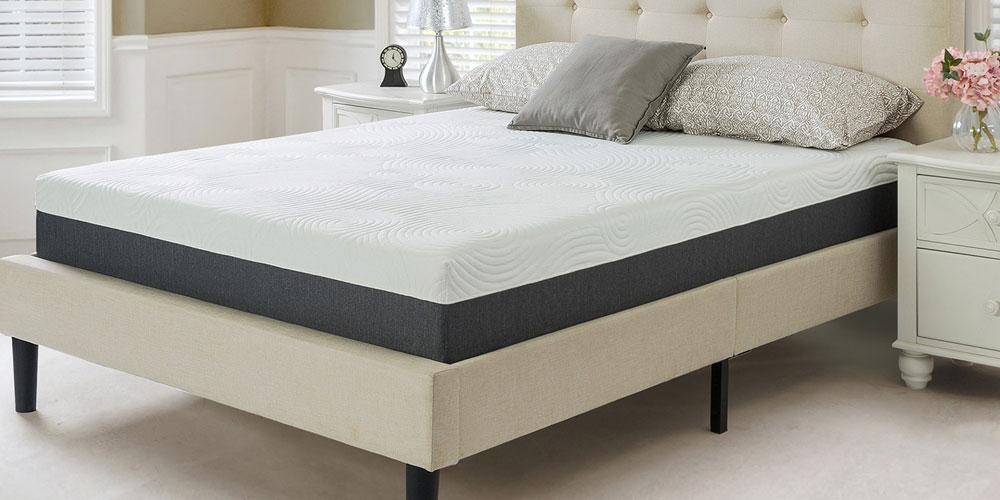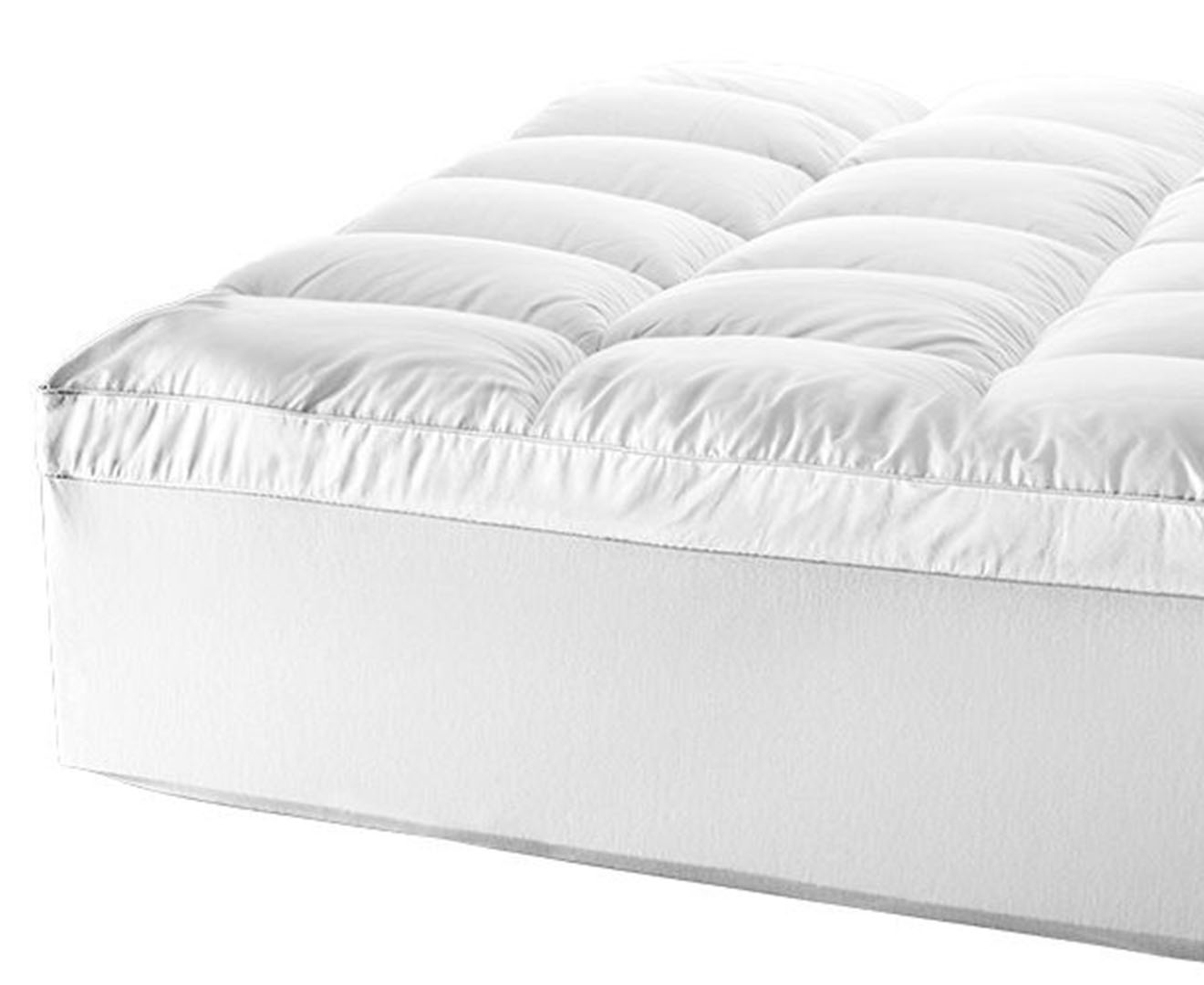Kitchen sinks are used every day for a variety of tasks, from washing dishes to food preparation. Due to their frequent use, they are prone to various problems that can disrupt your daily routine. Here are the top 10 most common sink problems in the kitchen and their solutions.Common Sink Problems and Solutions
A clogged kitchen sink is a common issue that can cause frustration and inconvenience. This problem is usually caused by food debris, grease, and other substances that build up and block the drain. To fix a clogged kitchen sink, start by using a plunger to dislodge the blockage. If that doesn't work, you can try using a drain snake or a mixture of baking soda and vinegar to break down the clog.How to Fix a Clogged Kitchen Sink
Aside from clogs, there are other common issues that can arise with kitchen sinks. These include low water pressure, strange noises, and foul odors. Low water pressure can be caused by a clogged aerator or a problem with the water supply. Strange noises can be a sign of loose or damaged pipes, while foul odors may indicate a buildup of bacteria in the drain. Troubleshooting these issues will depend on the specific cause, but it's best to call a professional plumber for a proper diagnosis and solution.Troubleshooting Common Kitchen Sink Issues
While some sink problems may require the expertise of a plumber, there are some minor repairs that you can do yourself. For instance, if you have a leaky faucet, you can try replacing the O-ring or the cartridge. You can also tighten loose connections and replace damaged seals and gaskets to prevent leaks. However, if you're not confident in your DIY skills, it's best to leave the repairs to a professional.DIY Kitchen Sink Repair Tips
If you're dealing with a stubborn clog in your kitchen sink, there are a few methods you can try before calling a plumber. One method is using a mixture of baking soda and vinegar, which creates a chemical reaction that can dissolve the clog. Another option is using a drain snake, which can physically break up the blockage. If these methods don't work, it's best to call a professional to avoid causing further damage to your pipes.How to Unclog a Kitchen Sink
A leaky kitchen sink can waste a significant amount of water and lead to water damage in your home. The most common cause of a leaky sink is a worn-out seal or gasket. These can easily be replaced, but it's important to identify the source of the leak first. If the leak is coming from the pipes, it's best to call a plumber to fix the issue before it gets worse.Dealing with a Leaky Kitchen Sink
Prevention is always better than cure, and this also applies to kitchen sink problems. To avoid clogs, make sure to properly dispose of food waste and never pour grease down the drain. Regularly cleaning and maintaining your sink can also prevent issues from arising. It's also a good idea to have a professional plumber inspect your sink and pipes annually to catch any potential problems early on.Preventing Kitchen Sink Problems
If your kitchen sink is old and worn-out, it may be time to replace it. While this may seem like a daunting task, it can be a DIY project with the right tools and knowledge. The first step is to remove the old sink and disconnect the plumbing. Then, you can install the new sink and reconnect the plumbing. It's important to follow the manufacturer's instructions for your specific sink model.Replacing a Kitchen Sink: Step-by-Step Guide
Proper maintenance can go a long way in preventing sink problems. Regularly cleaning your sink with a gentle cleaner can prevent buildup of bacteria and debris. You can also use a vinegar and water solution to remove mineral deposits. Be sure to also check and tighten any loose connections to prevent leaks. Additionally, avoid using harsh chemicals and abrasive materials on your sink to avoid damaging the surface.Kitchen Sink Maintenance Tips
Understanding the common causes of kitchen sink problems can help you prevent them in the future. These include clogs, leaks, and low water pressure, which can be caused by improper use, old and worn-out parts, and mineral buildup. It's important to be mindful of what goes down your sink and to regularly maintain and inspect your sink and pipes to catch any issues early on.Common Causes of Kitchen Sink Problems
The Sink Problem in the Kitchen: A Common Issue in House Design
 The kitchen is often considered the heart of the home, the place where meals are cooked and memories are made. However, it is also one of the most heavily used areas in the house, which means it is prone to wear and tear. One of the most common issues in kitchen design is the
sink problem
. A malfunctioning or poorly designed sink can be a major inconvenience and can disrupt the functionality and aesthetic of the entire kitchen. In this article, we will discuss the various
causes
of the sink problem and provide
solutions
to help you avoid this issue in your kitchen.
The kitchen is often considered the heart of the home, the place where meals are cooked and memories are made. However, it is also one of the most heavily used areas in the house, which means it is prone to wear and tear. One of the most common issues in kitchen design is the
sink problem
. A malfunctioning or poorly designed sink can be a major inconvenience and can disrupt the functionality and aesthetic of the entire kitchen. In this article, we will discuss the various
causes
of the sink problem and provide
solutions
to help you avoid this issue in your kitchen.
The Causes of Sink Problems
Solutions for the Sink Problem
 Fortunately, there are several solutions to help address and prevent sink problems in the kitchen. The first step is to ensure that the sink is
properly installed
by a professional. This will not only prevent future issues but also ensure that the sink is functioning at its best. Another solution is to
invest in quality materials
for your sink. While it may be tempting to opt for cheaper options, investing in a durable and high-quality sink will save you money in the long run. Lastly, it is important to
use the sink properly
and avoid placing heavy objects or using it for tasks it was not designed for.
In conclusion, the sink problem in the kitchen is a common issue that can disrupt the functionality and aesthetics of the space. However, by understanding the causes and implementing the right solutions, you can avoid this problem and ensure that your kitchen sink remains in top condition for years to come. Remember to
invest in quality materials
,
properly install
your sink, and use it
appropriately
to maintain its functionality and keep your kitchen running smoothly.
Fortunately, there are several solutions to help address and prevent sink problems in the kitchen. The first step is to ensure that the sink is
properly installed
by a professional. This will not only prevent future issues but also ensure that the sink is functioning at its best. Another solution is to
invest in quality materials
for your sink. While it may be tempting to opt for cheaper options, investing in a durable and high-quality sink will save you money in the long run. Lastly, it is important to
use the sink properly
and avoid placing heavy objects or using it for tasks it was not designed for.
In conclusion, the sink problem in the kitchen is a common issue that can disrupt the functionality and aesthetics of the space. However, by understanding the causes and implementing the right solutions, you can avoid this problem and ensure that your kitchen sink remains in top condition for years to come. Remember to
invest in quality materials
,
properly install
your sink, and use it
appropriately
to maintain its functionality and keep your kitchen running smoothly.






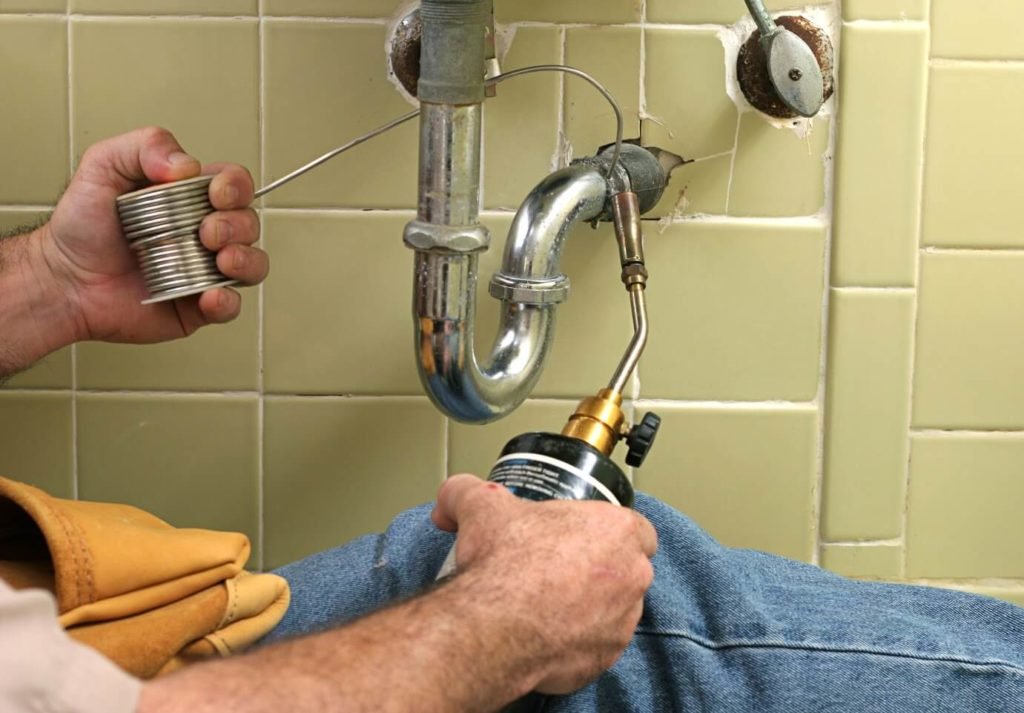
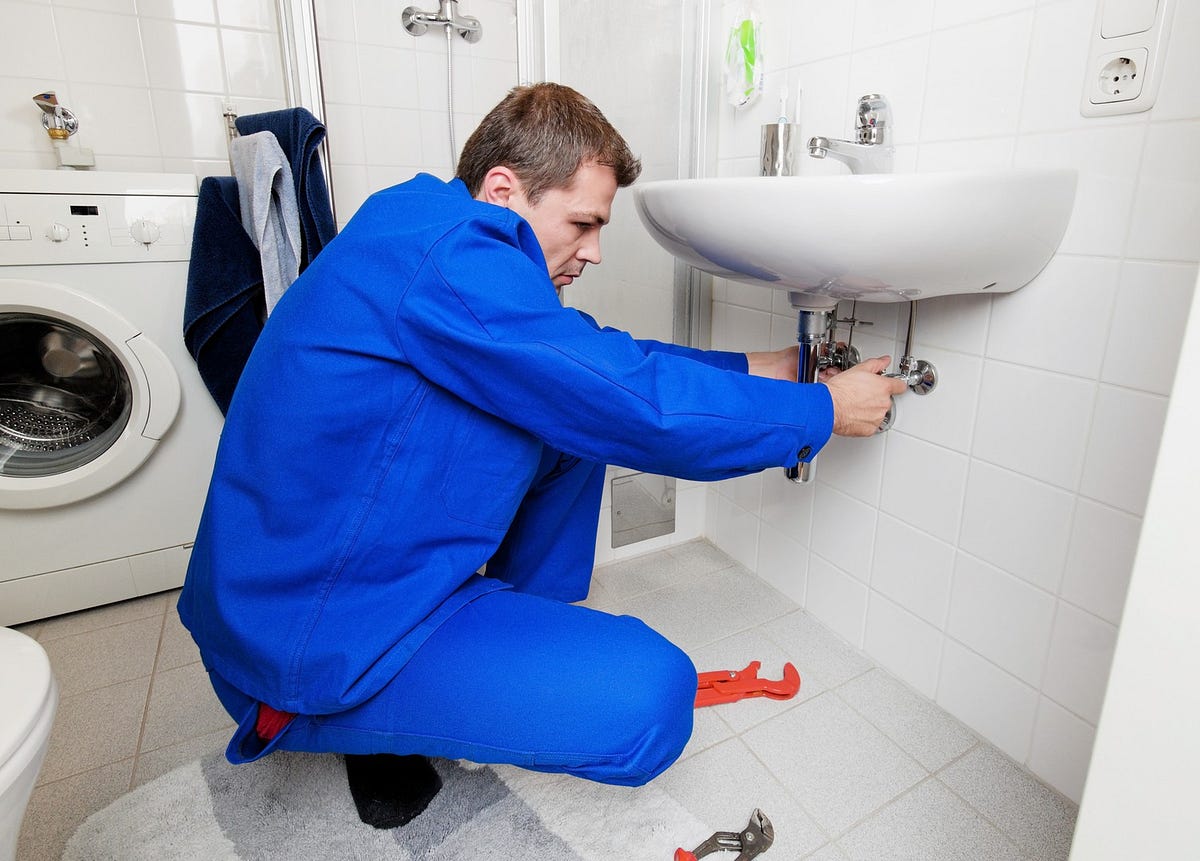
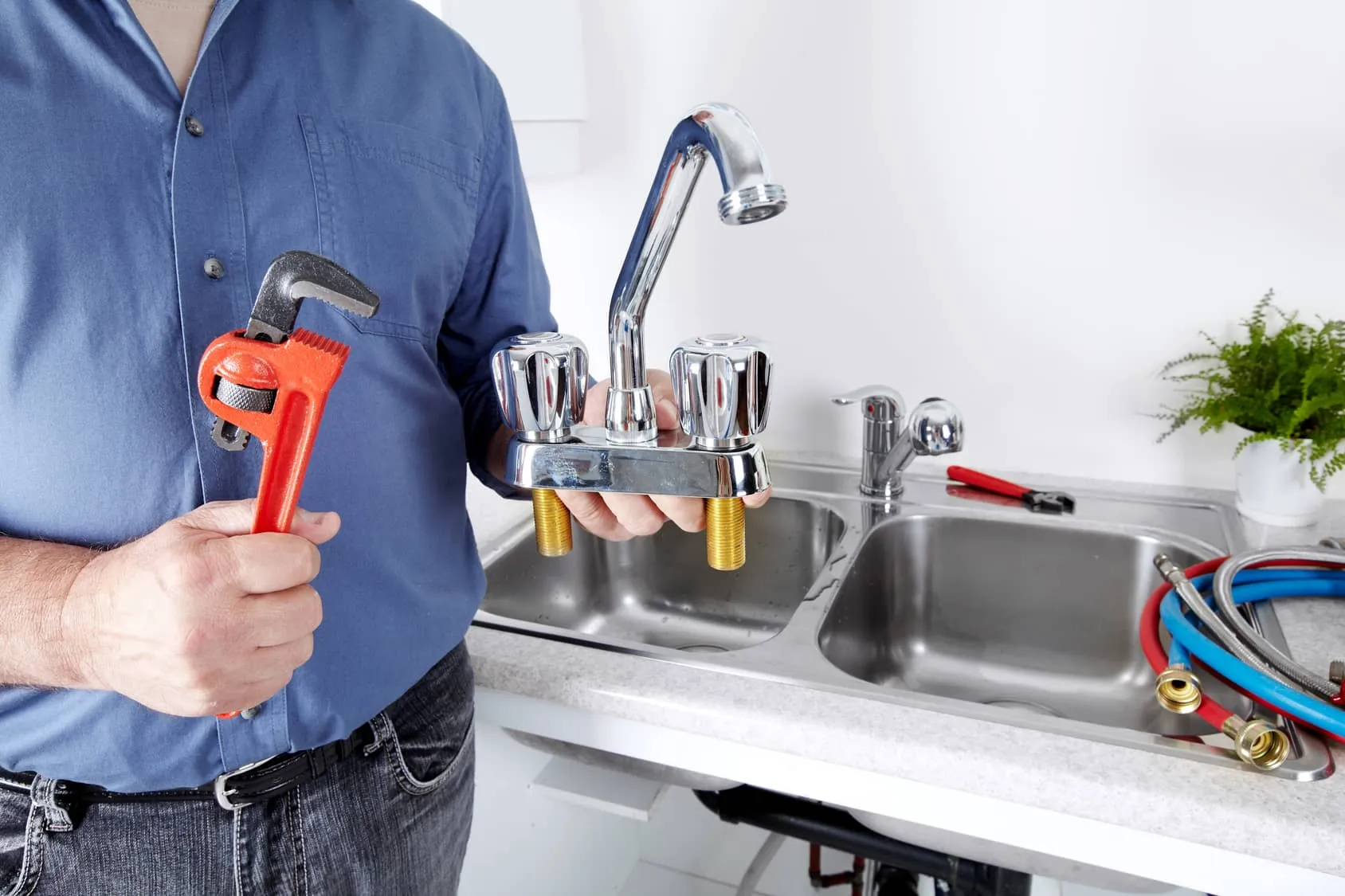
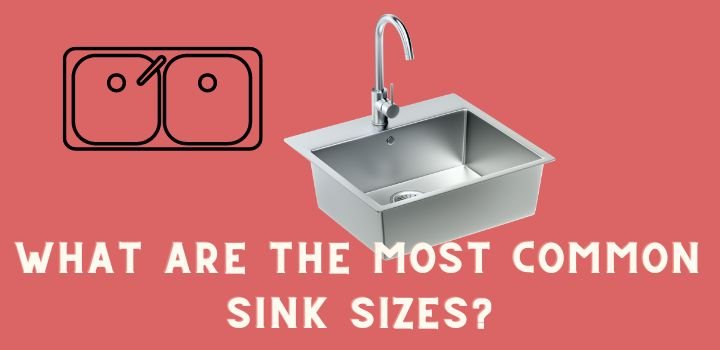

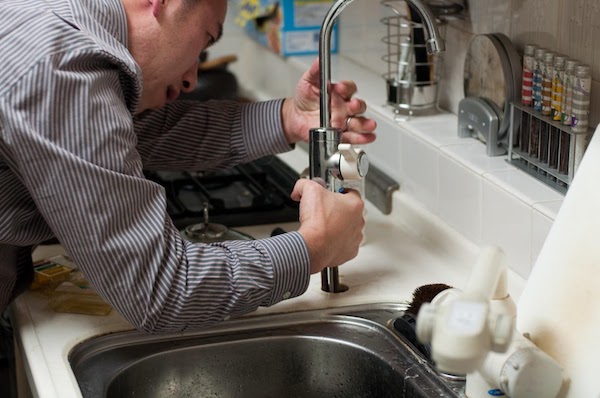
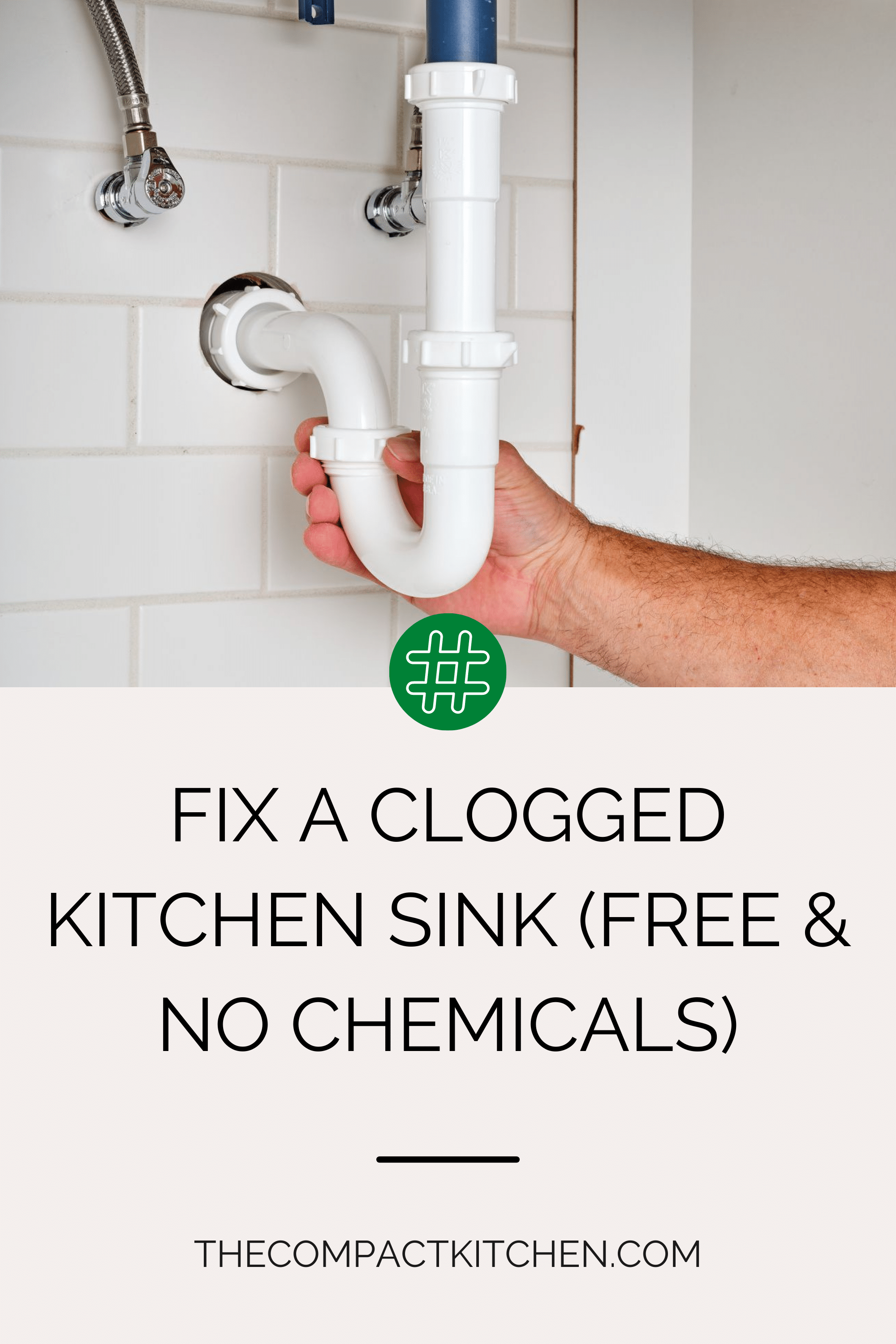






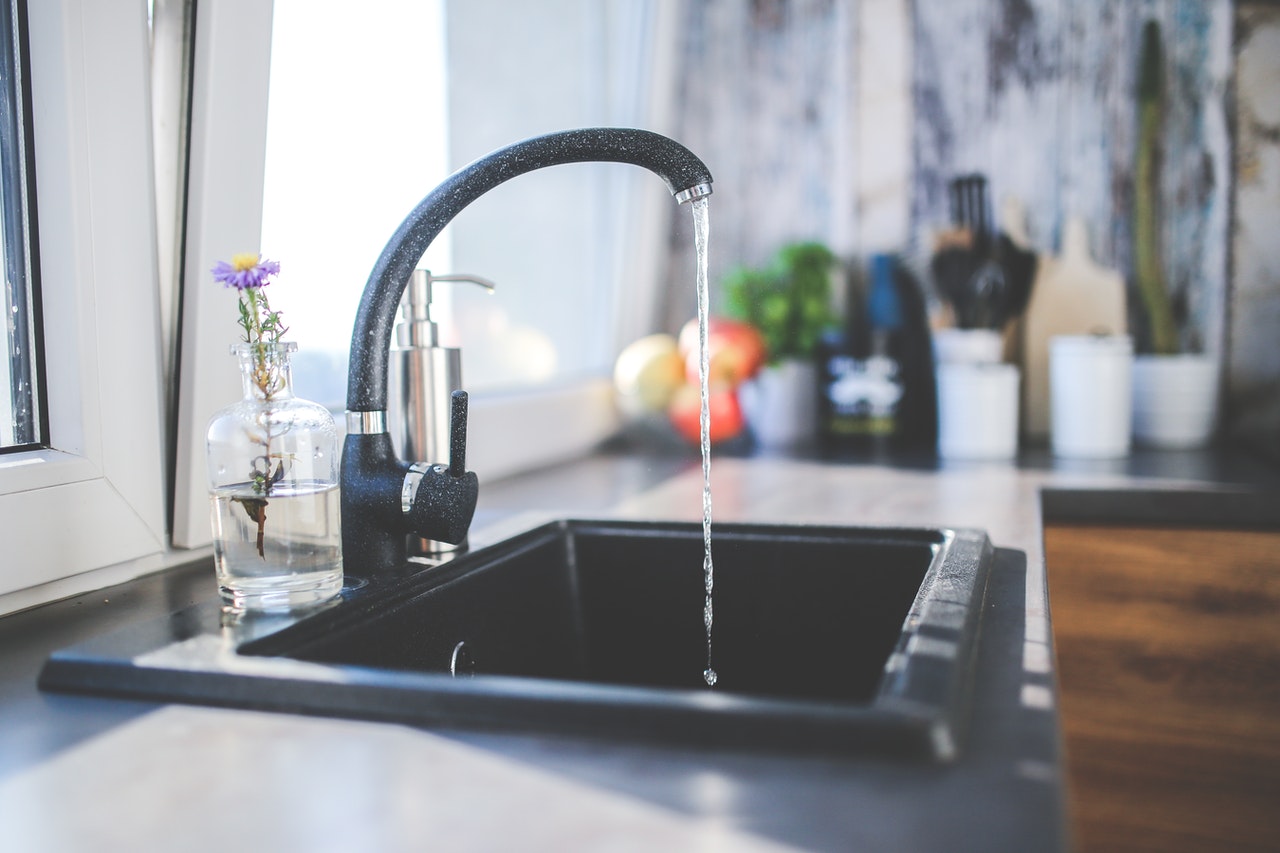
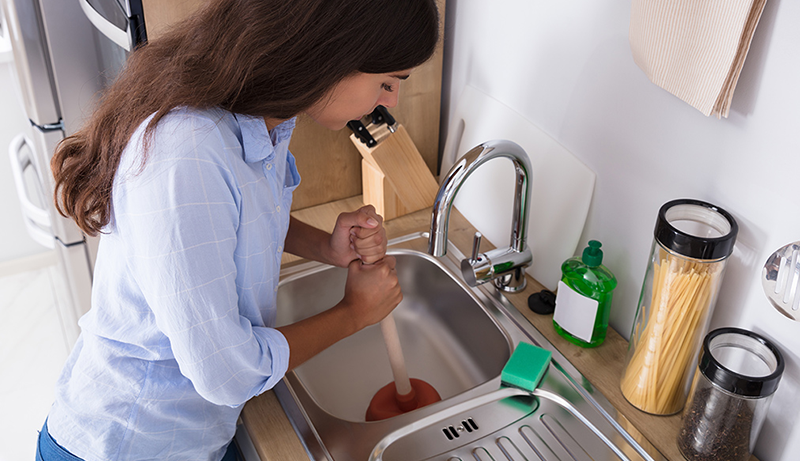

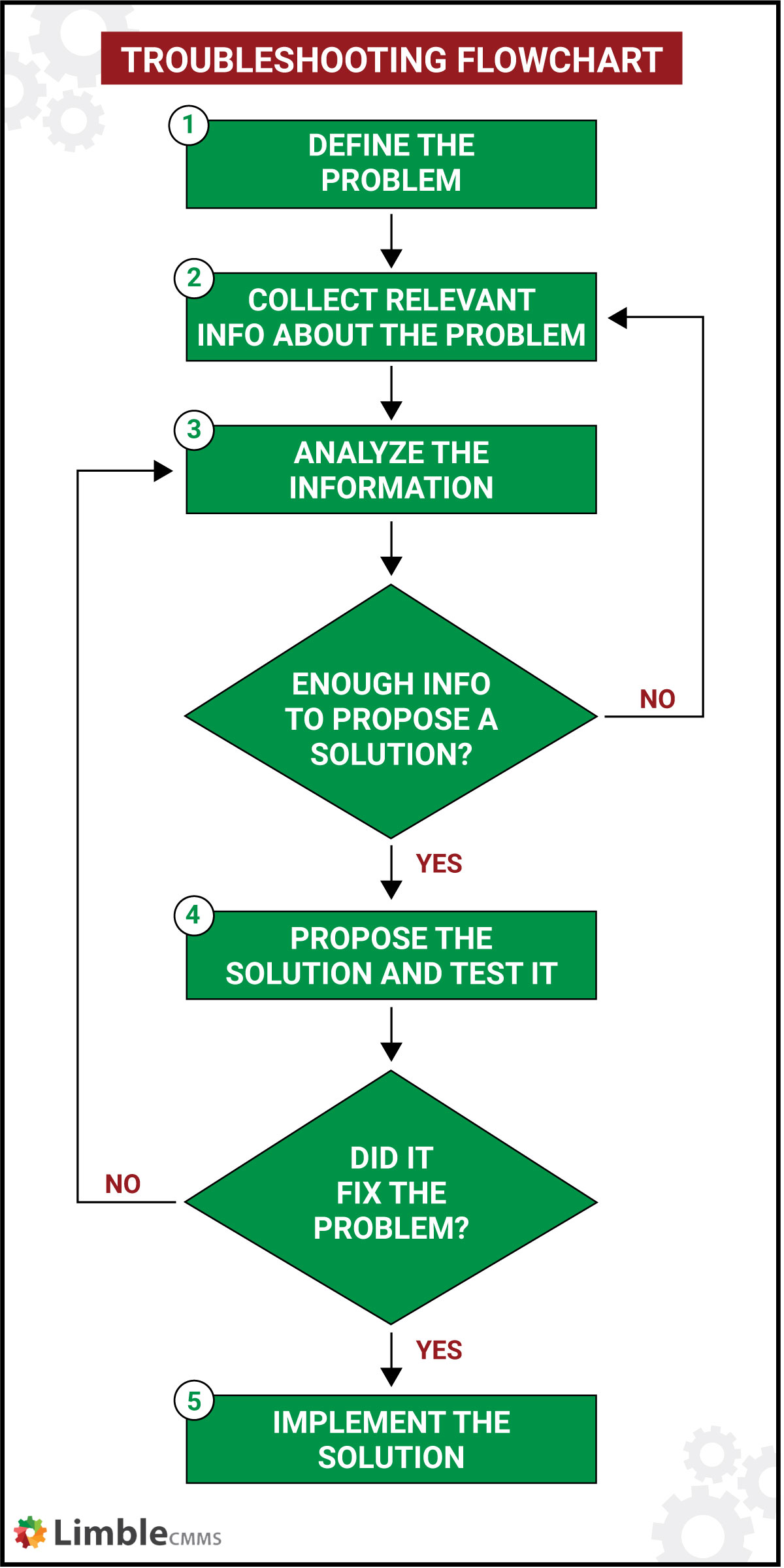


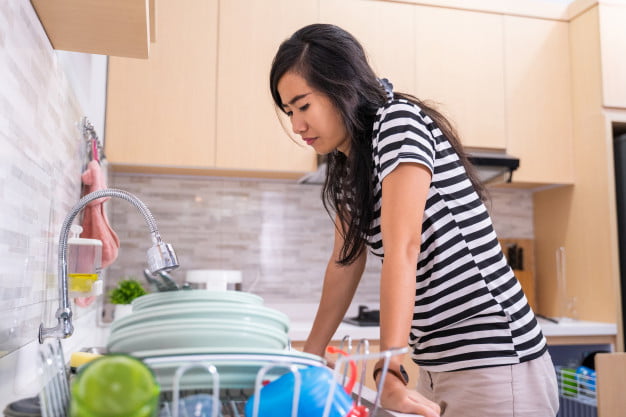
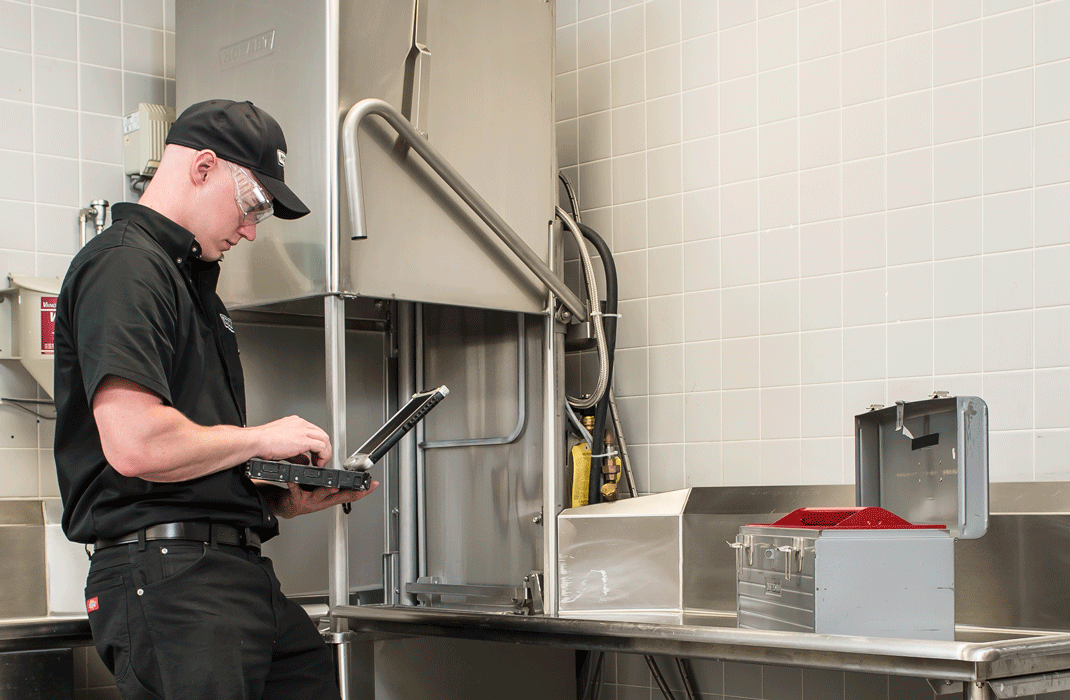



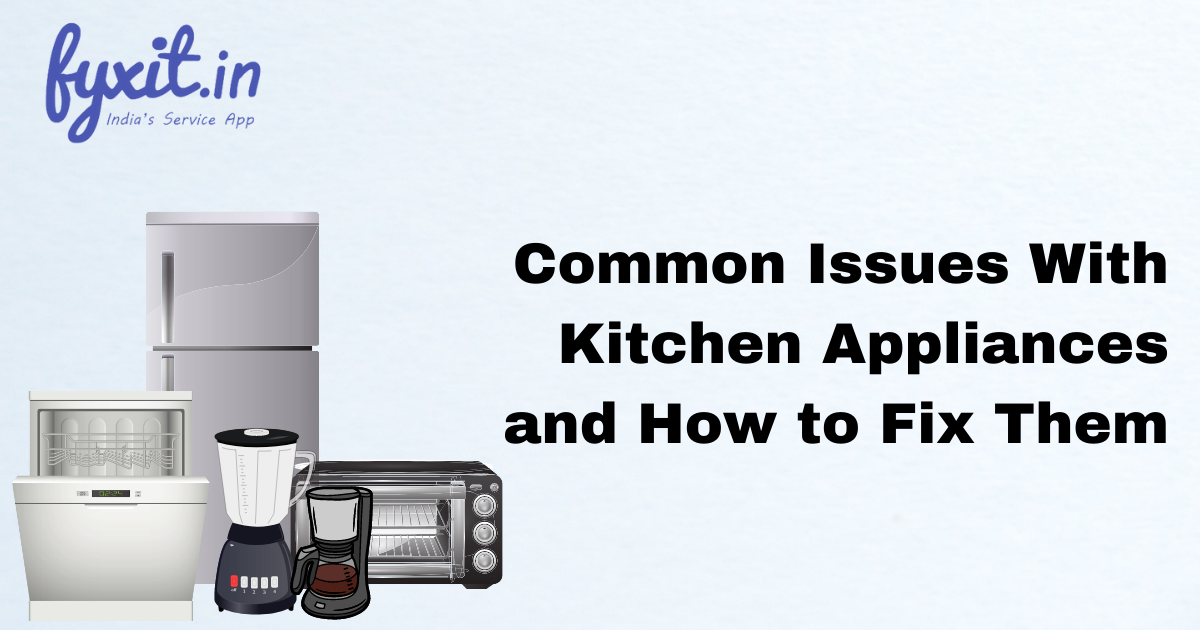
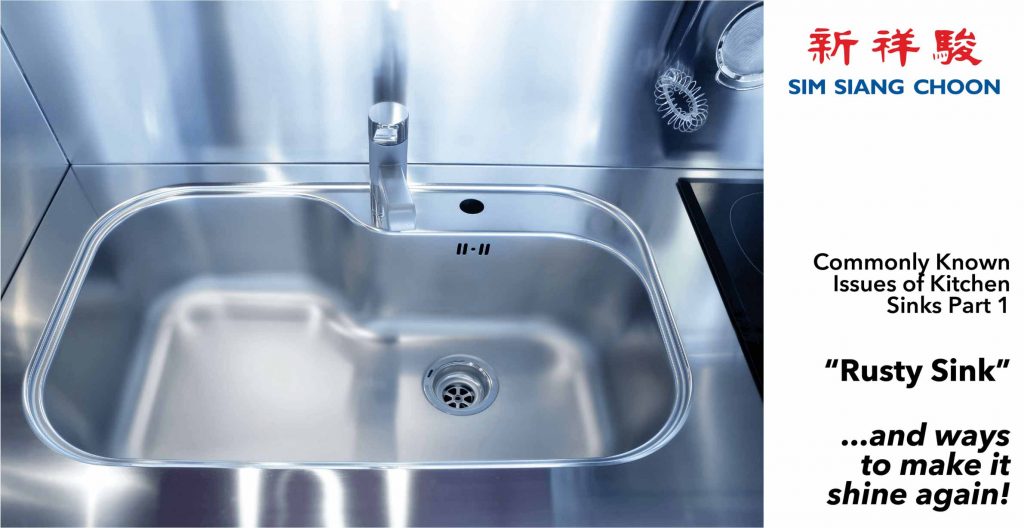
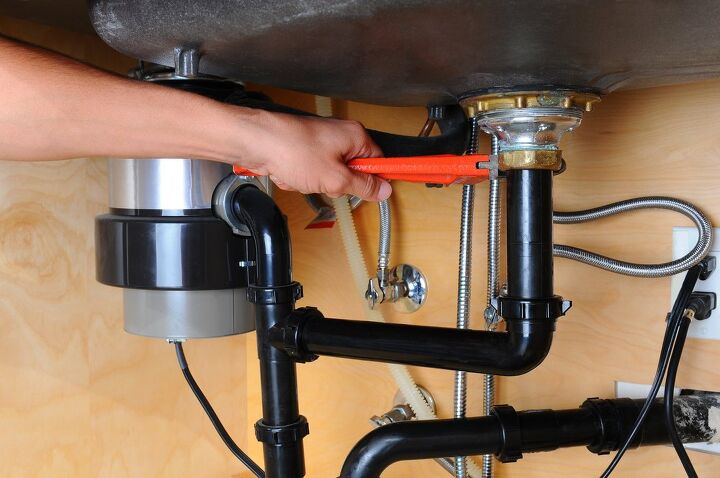
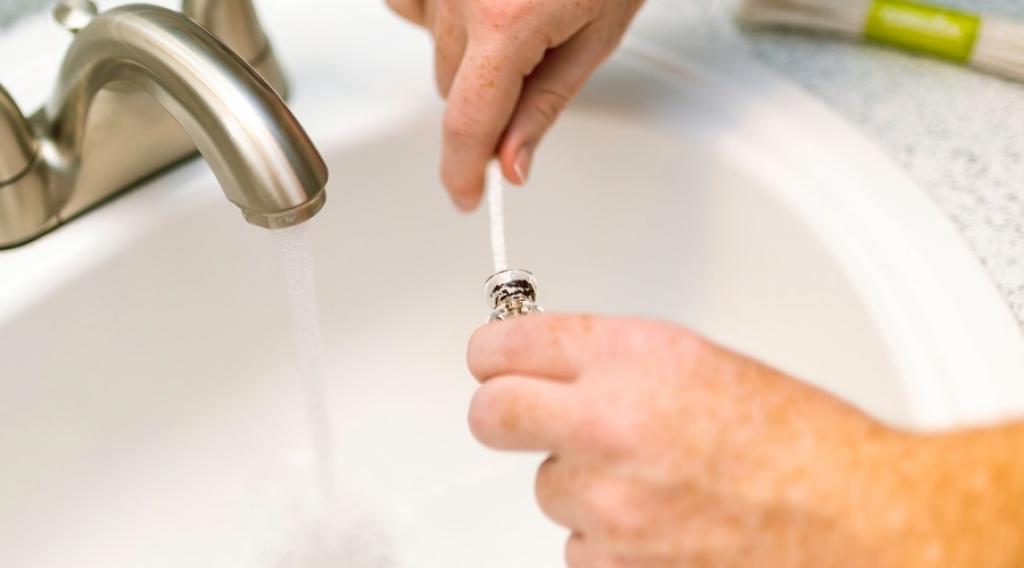








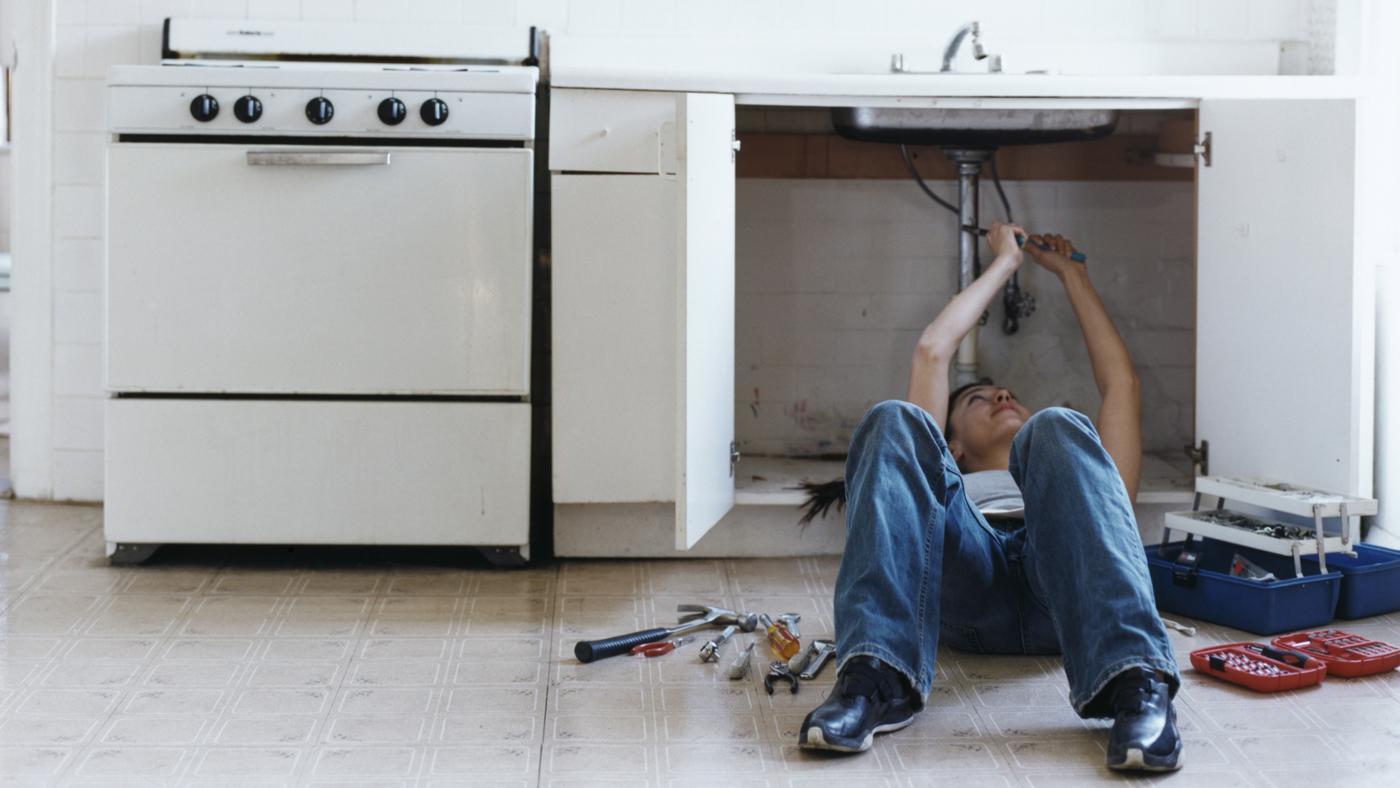
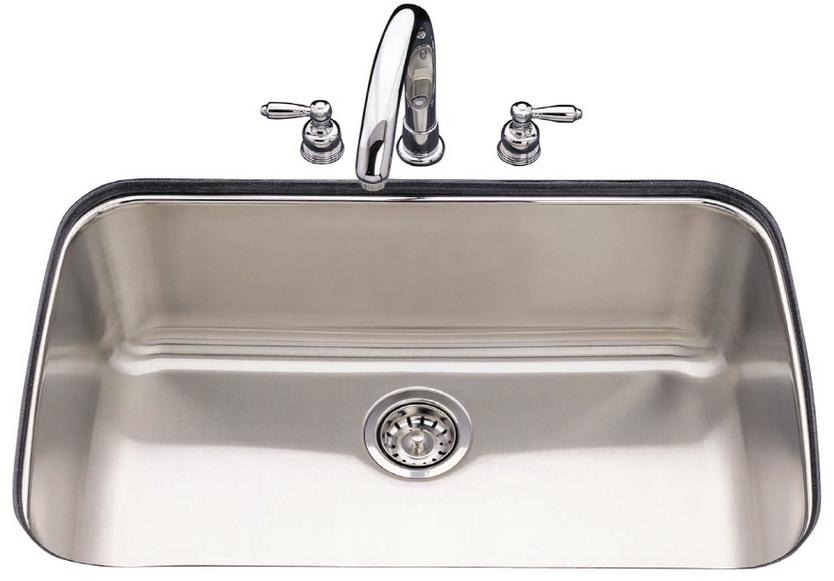
/plumber-unclogging-kitchen-sink-169270382-5797a9355f9b58461f27f024.jpg)



/how-to-unclog-a-kitchen-sink-2718799_sketch_FINAL-8c5caa805a69493ab22dfb537c72a1b7.png)














